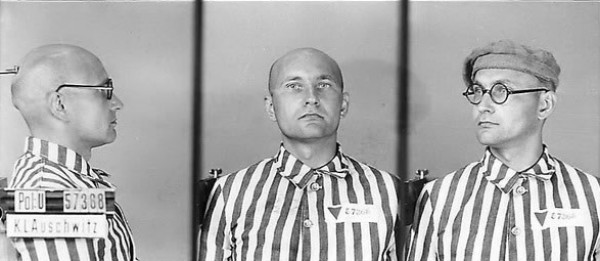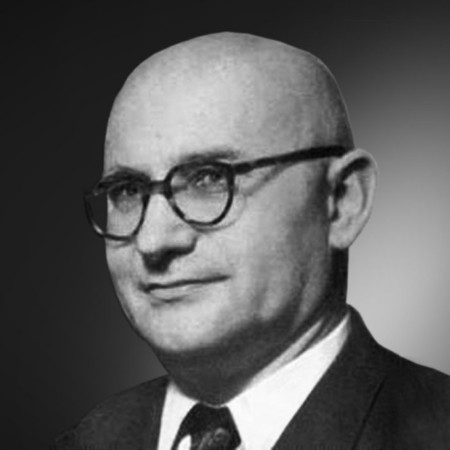Rebet, Lev
Rebet, Lev [Ребет, Лев], b 3 March 1912 in Stryi, Galicia, d 12 October 1957 in Munich. Political leader and publicist; husband of Dariia Rebet. He received a master’s degree in law from Lviv University (1938) and a doctorate from the Ukrainian Free University in Munich (1947), where he taught state law from 1948 and became a professor in 1954. He joined the clandestine Ukrainian Military Organization in 1927. From 1930 he headed the Organization of Ukrainian Nationalists (OUN) in the Stryi district, and in 1935–8 he headed the OUN Home Executive in Western Ukraine. In the 1930s he was repeatedly arrested by the Poles, and he spent two and a half years in Polish prisons in Stryi and Lviv. During the OUN split in 1940 he sided with the OUN (Bandera faction). In 1941 he was second vice-president of the short-lived Ukrainian State Administration in Lviv and headed it after its president, Yaroslav Stetsko, was arrested by the Germans. Rebet was himself arrested in September 1941 and sent to the Auschwitz concentration camp. He was released in 1944, and fled to the West.
In 1945 he became chief judge of the émigré OUN (Bandera faction) and took part in secret talks in Vienna and Munich with representatives of the OUN Home Leadership in Ukraine, headed by Roman Shukhevych. In 1952 he became a member of the Foreign Representation of the Ukrainian Supreme Liberation Council and head of its Council of Representatives. In 1953–4 he headed the collegium charged with reorganizing the émigré OUN (Bandera faction) along guidelines received from the OUN Home Leadership in Ukraine. After Stepan Bandera resigned from the collegium in February 1954, Rebet became head of a separate faction which in 1956 began to call itself OUN (Abroad). He was assassinated by a Soviet agent Bohdan Stashynsky (see Stashynsky trial).
Rebet contributed to postwar Ukrainian periodicals in West Germany, such as Ukraïns’ka trybuna, Chas (Fürth), and Suchasna Ukraïna, and was editor in chief of Ukraïns’kyi samostiinyk (1955–7). He wrote programmatic documents for the OUN and articles on the question of the nation and the state, émigré issues, and Soviet affairs. His major works are a booklet on the formation of the Ukrainian nation (1951), a monograph on the theory of the nation (1955), and a posthumously published book about the OUN (1964).
Arkadii Zhukovsky
[This article originally appeared in the Encyclopedia of Ukraine, vol. 4 (1993).]

